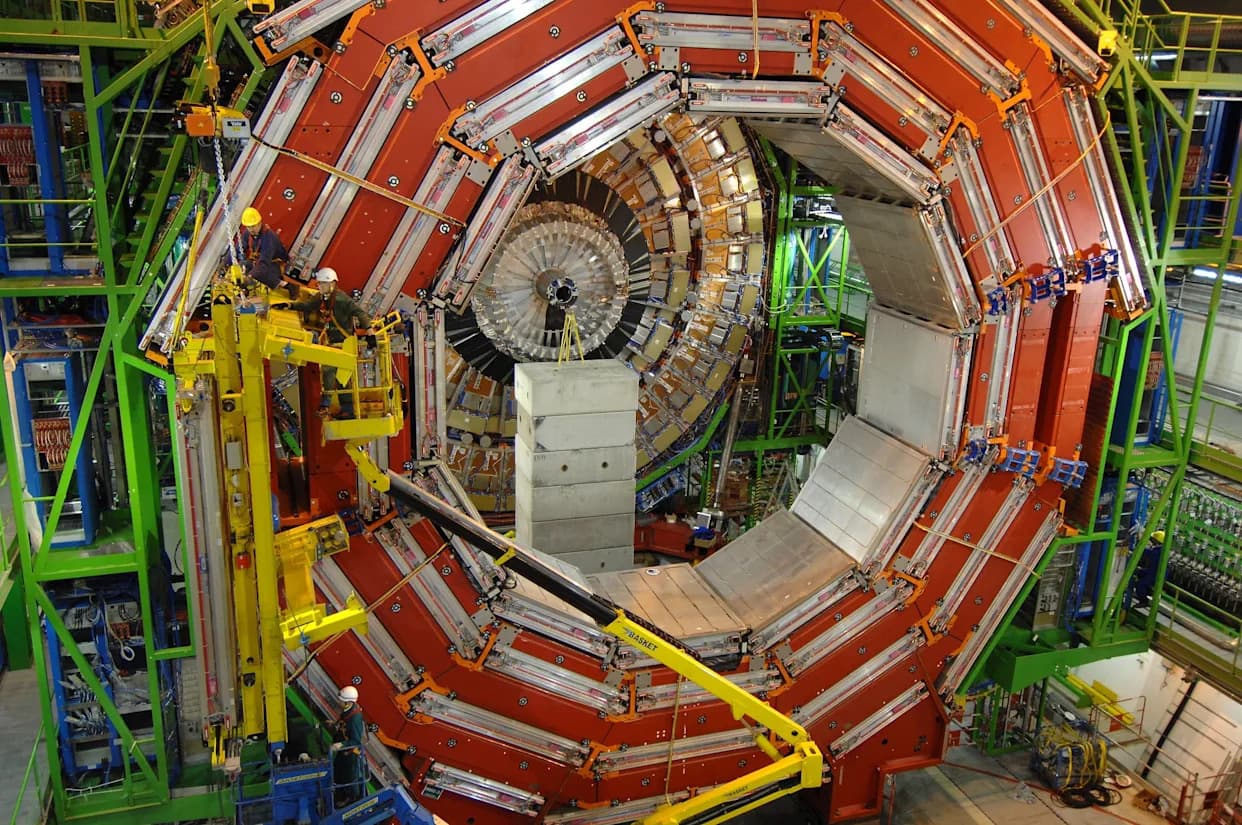Professor Peter Higgs has bequeathed his Nobel Prize medal to the University of Edinburgh, where he proposed the Higgs boson in 1964. The particle was confirmed by CERN's Large Hadron Collider in 2012, and Higgs shared the 2013 Nobel Prize with François Englert. The university will preserve and exhibit the medal — including at the 2026 Higgs Lecture — and colleagues remember Higgs as a shy but brilliant thinker whose short paper took decades to be accepted.
Peter Higgs Bequeaths Nobel Prize Medal to University of Edinburgh — A Lasting Legacy

Peter Higgs donates his Nobel Prize medal to the University of Edinburgh
Professor Peter Higgs has bequeathed his Nobel Prize medal to the University of Edinburgh — the institution where, in 1964, he proposed the idea that transformed physicists' understanding of the universe.
From a short paper to a profound discovery
While working at Edinburgh in 1964, Higgs proposed the existence of a previously unknown particle — the Higgs boson — a concept that later explained why elementary particles have mass. His concise, roughly one-and-a-half-page paper was at first met with skepticism, but the idea eventually became a cornerstone of particle physics. The Higgs boson was experimentally confirmed in 2012 by experiments at CERN's Large Hadron Collider, and Higgs shared the 2013 Nobel Prize in Physics with François Englert.
The donation and how it will be used
Edinburgh University announced that Prof Higgs left his Nobel medal to the institution in his will following his death in April 2024, aged 94. The university's Centre for Research Collections will preserve the medal and display it at public events and exhibitions, including the planned Higgs Lecture in 2026.
Colleagues remember a modest, brilliant mind
"This generous gift will ensure that Peter Higgs's extraordinary contributions to science will continue to inspire generations of students and researchers," said Professor Sir Peter Mathieson, principal and vice-chancellor of the university.
Prof Neil Turok, who holds the Higgs chair of theoretical physics at Edinburgh, recalled his colleague on BBC Radio's Good Morning Scotland, describing Higgs as "a very unusual person" who was "very shy and private" yet responsible for one of the most important foundations of modern physics. Turok explained that Higgs "put various ideas together" in a novel way in 1964, showing that the vacuum is not empty but behaves like a medium — often likened to a sea — that gives particles mass.
Legacy
Higgs joined the University of Edinburgh in 1960 and was born in Newcastle upon Tyne in 1929. Colleagues recall that he disliked the popular nickname "the God particle," preferring a description grounded in rigorous deduction rather than sensationalism. The donation of his Nobel medal ensures a tangible reminder of his contribution to physics and will serve as an educational and historical touchstone for future generations.
Help us improve.




























